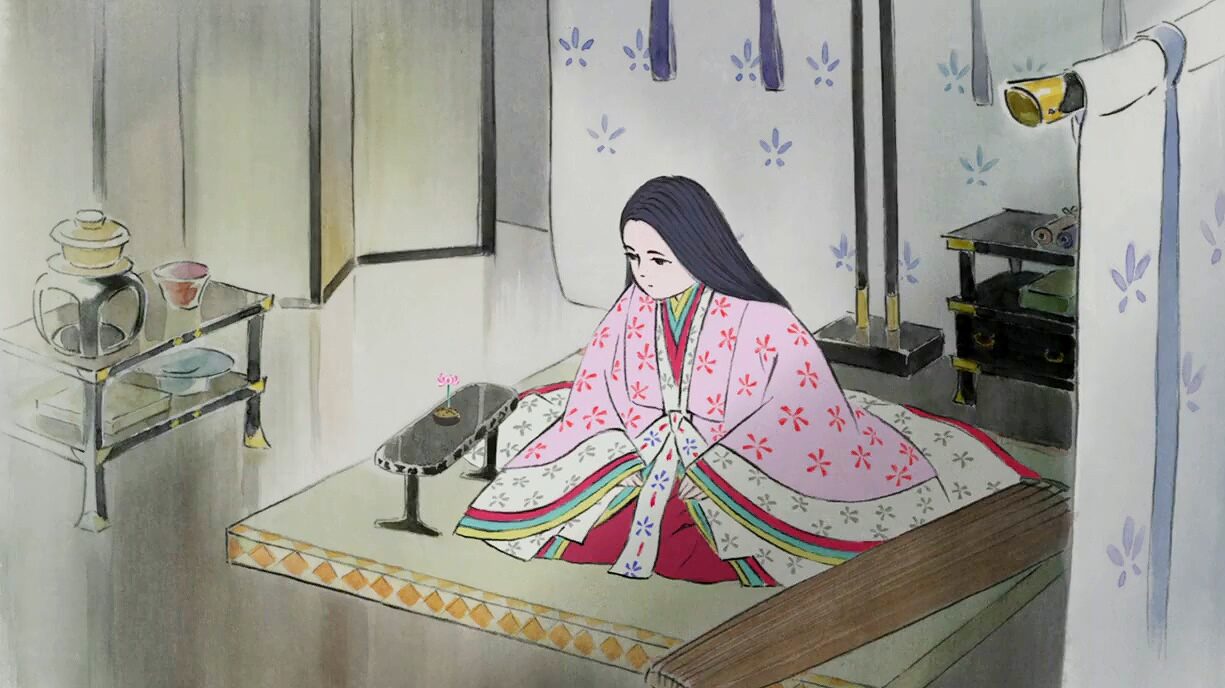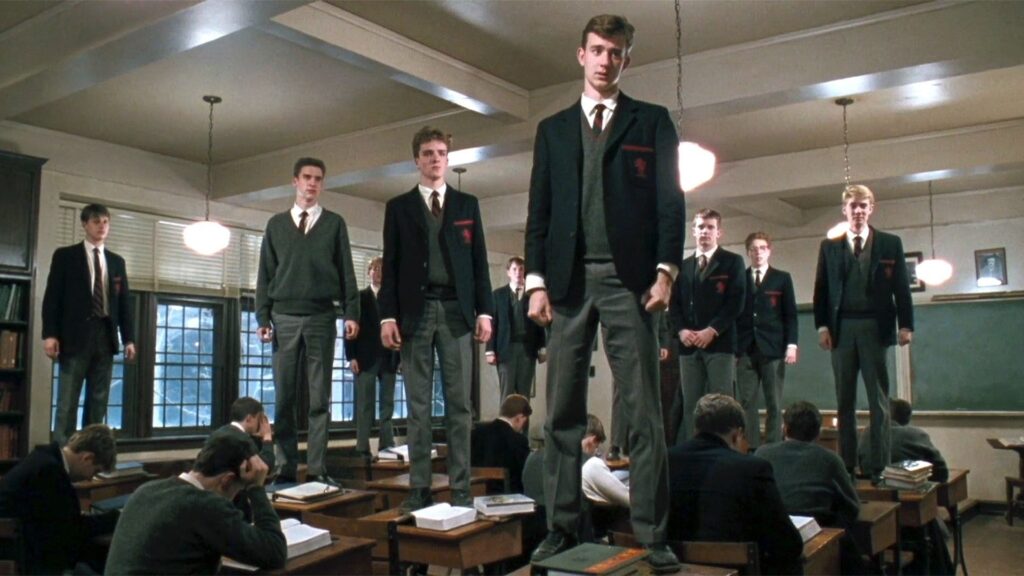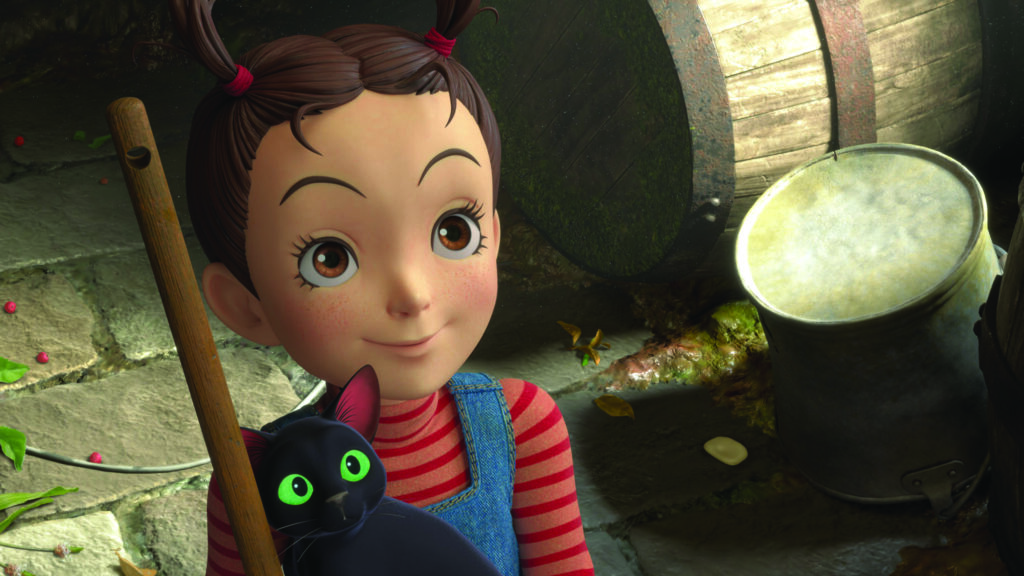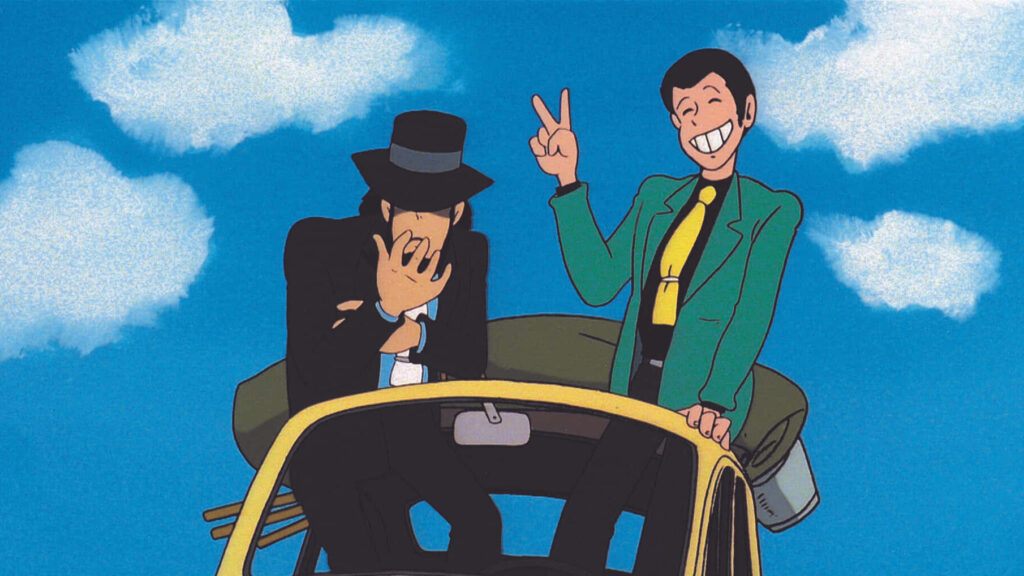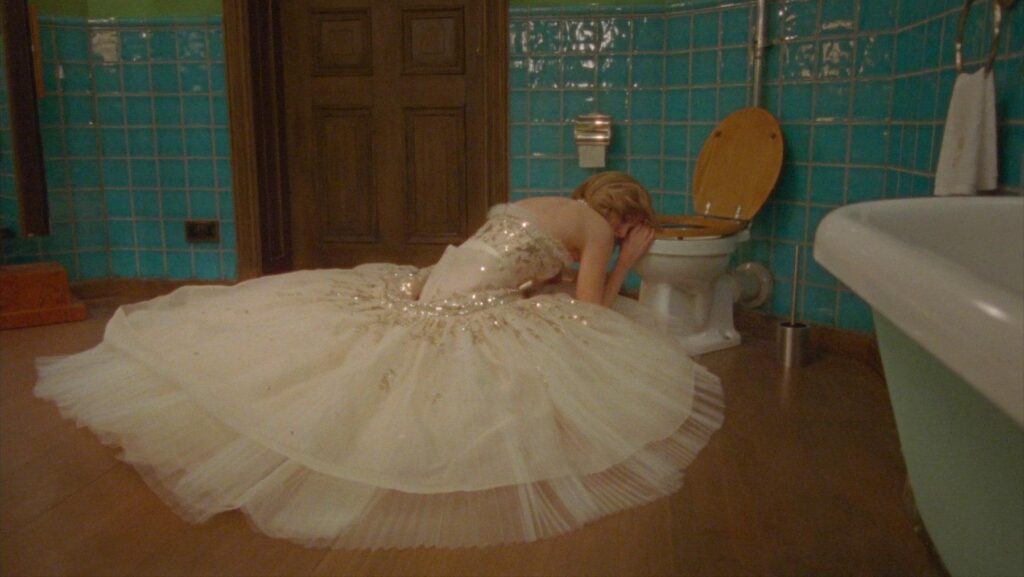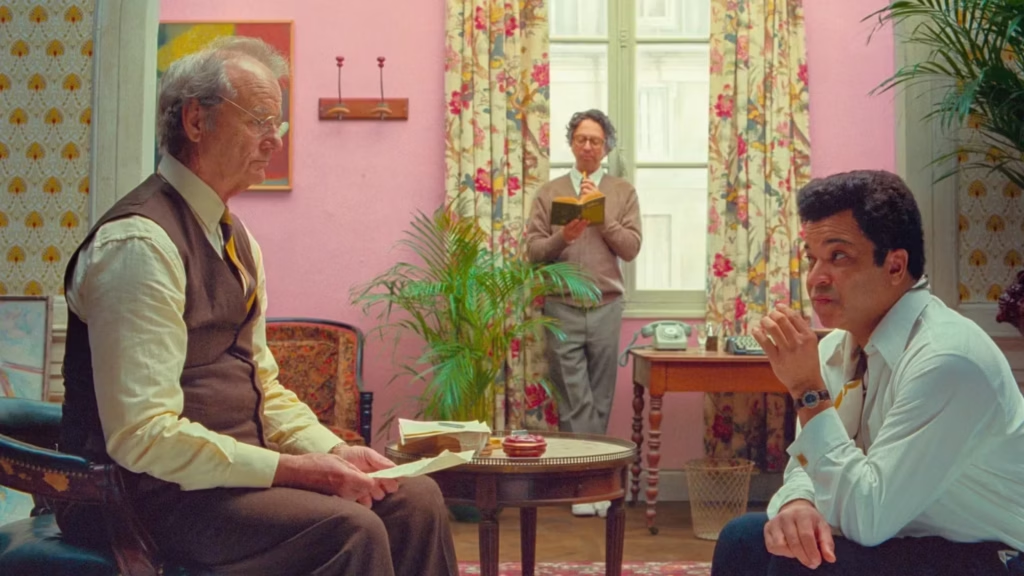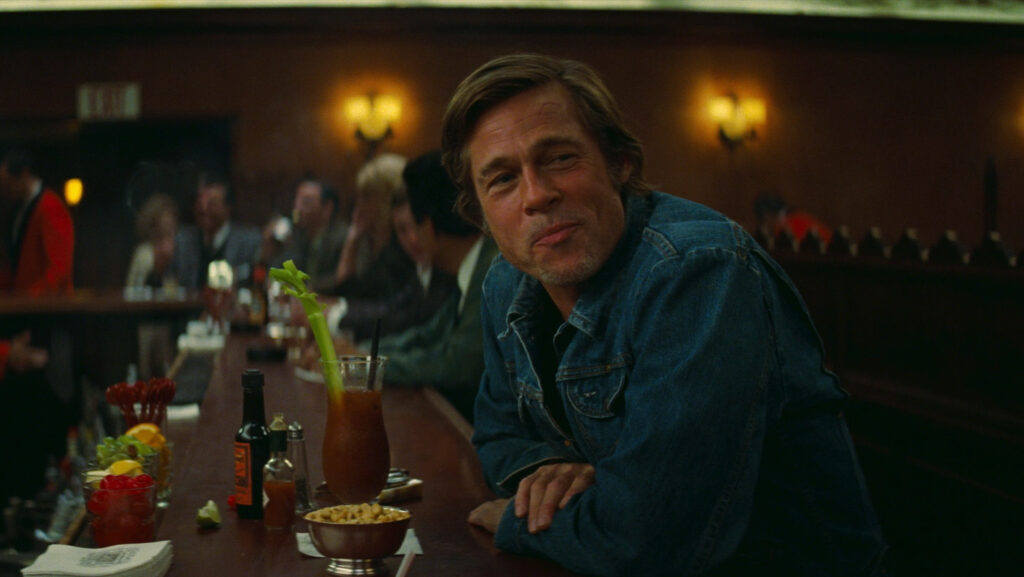Isao Takahata’s magnum opus is a true masterwork to which no writing can ever do justice — at least not mine.
I imagine the writing that I am capable of cannot do justice to this film’s poetic, otherworldly visuals. Knowing this, I am choosing to gloss over this (most important) aspect of Takahata’s masterwork, and will instead focus on its themes (I will say one thing, the sequence when she runs from the palace is truly glorious in it’s mutation of the magical visuals we’d seen before it, and would later see after it).
Kaguya was never given a say in what her life would end up being. She was happy living a life with her friends and family, where she could play, but also had to work. Where she could feel happiness, but also pain. It is her father, a devotee to the beliefs of his culture — that living with money and being served to by all is the greatest happiness possible — who decides that she shall become a princess and adhere to all the rules that being a princess entails.
She is quickly turned off by the unnatural behaviour she must act out and the cosmetics she must be given in order to keep a pristine image. When she realizes all that she must undergo, she renounces it, calling princesses “not human!” She’s right. Artificiality is a value of the moon people.
Her first attempt to leave, provoked by a group of drunk guests insulting and objectifying her, sees her unable to, as when by the time she falls asleep, the magic of her moon guardians causes her to return to the artificial life they believe is better for her; better because it’s just that much closer to their culture.
Kaguya stays melancholy at her palace, while on the surface happiness seems assured, it is impossible when the world you’re surrounded by demands something of you that is against who you are. She is only happy in short bursts, usually when play or gardening is involved as it reminds her of her youth.
And yet, even this life is more authentic than the one she’s forgotten. When she fights back against being claimed by the emperor, her hate for her life reaches a point where she inadvertently calls out for the ones who brought her here to save her.
Suddenly, she remembers. She remembers the lifestyle the moon people force themselves into in order to remain clean, perfect and beautiful. The beliefs of what a princess should be here on Earth are merely blurry reflections of reality compared to the funhouse mirror that is the culture of the moon.
The moon people sanitize, beautify and restrict themselves so much that the order they’ve fabricated is nothing more than masked chaos. By narrowing their concept of beauty to the thickness of a sheet of paper, they withdraw any personality, and suffocate reality.
Having remembered, her melancholic state enhances. After being confronted by her parents, she opens up to them about the terrifying situation. Finally, her father understands why the life he gave her caused no happiness; it was material.
In a last, desperate attempt to feel, she, with the help of her mother, returns to the only home she’s ever known, and reconnects with her long-lost Sutemaru. With him, she is allowed to have one last true experience of dreamy fun, the kind she would experience as a child.
After her fleeting moment of fun is over, however, she is abducted back up. Back into the entrapping culture. Back into a world of invisible emotion. Back into a sterile world. The moon people have chosen to create such a heavenly, white image, but they allow nothing but grey.
Earth is ugly sometimes, and that’s exactly what lets it be beautiful.
